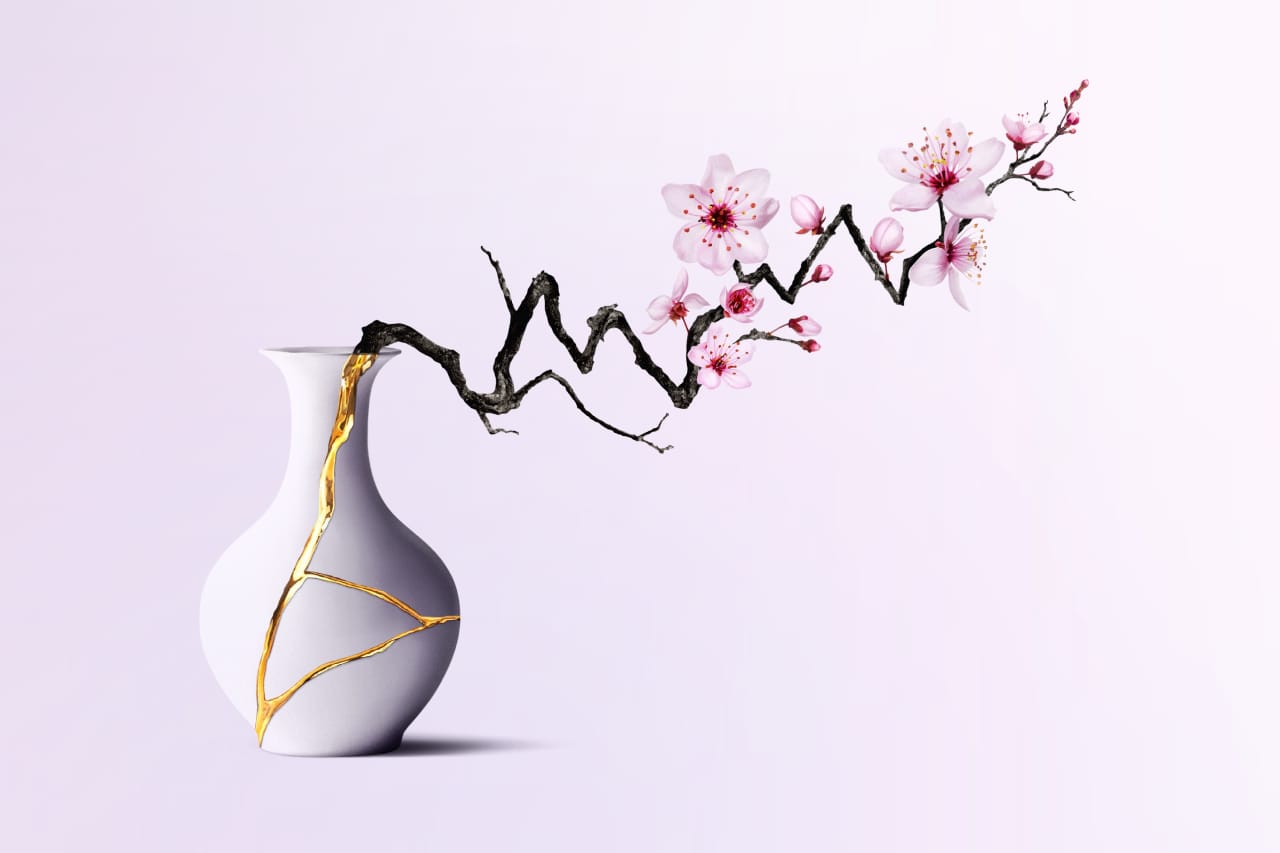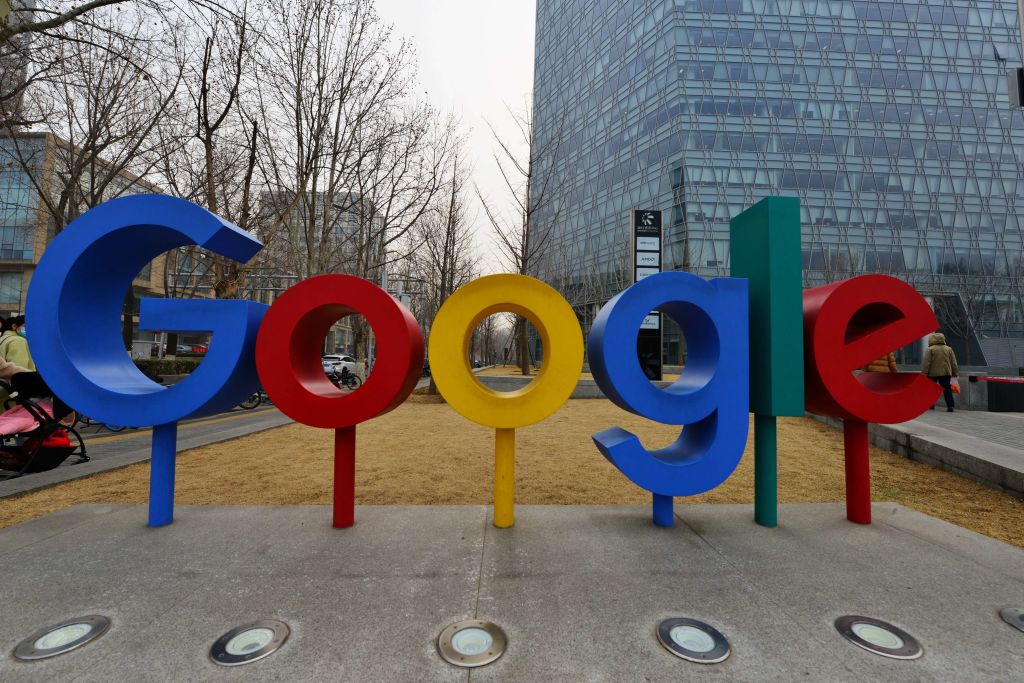About the author: Patrick L. Springer is an institutional-equities business developer and Japan and Asia market specialist. He worked at Morgan Stanley in management roles for more than 20 years.
Japan just concluded a 34-year trek in the wilderness of deflation and ended its nearly 20-year negative interest-rate policy. The stock market has responded by achieving new all-time highs, last seen in 1989, rising 35% in the past year.
This might look like the top, but a closer look at Japan’s market suggests that the end is just the beginning for the world’s third-largest market. This year likely marks the beginning of a multiyear Japan market revival that will start a major new capital markets cycle. Japan’s companies are just beginning to celebrate a long-awaited return of pricing power supported by an enamoured global investor base looking for international ideas in a friendly market.
Investors should focus on two trends. First, new micro and macro forces are at work to make Japan a preferred non-U.S. destination for several years. With the U.S. dollar at 20-year highs, portfolio managers know that it is typically time to diversify and buy cheaper overseas markets, but where to go? Europe is cheap but challenging, and the I of India is what currently remains best of the emerging markets BRICS grouping. Exposure to Asia is important for global portfolios given it is 45% of global gross domestic product. Yet strategists say that we now live in a “multipolar world,” a euphemism for the highest level of geopolitical risks in the world in decades. This limits China investment allocations for now.
But Japan is a pre-eminent security partner for the U.S. Japan also is quickly becoming a key partner in U.S. reshoring strategies, especially as an alternative supplier of semiconductors and technology components. The reshoring trend is compounded by the yen’s weakness. At nearly 152 yen to the dollar, Japan’s currency is trading at the lowest ratio since 1990. That means Japan is also likely to regain market share that it lost over the past 20 years to China in automobile components, industrial products, and machinery. Status as a security partner matters to investors now, which will keep allocations to Japan higher for longer.
Second, Japan’s differentiated market structure may provide more alpha-idea opportunities than investors might expect from an older, developed economy. In the U.S., megacaps and the Magnificent Seven rule the world for investors—and for good reason, given their recent outperformance. The high level of exchange-traded fund penetration in the U.S. also favors large-caps over small- and medium-capitalisation stocks. But in Japan, the list of Japan’s largest companies remains unchanged: Excluding SoftBank, all were established pre-1960.
According to Abrdn Investments, 45% of Japan’s benchmark Topix Index of 2000 constituents have no analyst research coverage, compared with just 3% of the Russell 3000 universe for the U.S. As inflation sparks growth, earnings surprises and inflections of Japan’s under researched companies will lead to significantly higher alpha capture opportunities.
Additionally, the Japanese government and the Tokyo Stock Exchange have initiated important corporate-governance reforms, and 26% of all listed companies have submitted specific plans to improve their stock valuation. But many more companies have yet to respond, providing more opportunities for investors.
Sorting Japan’s nearly 3,900 stocks into market segments is revealing. Japanese mid-cap and small-cap stocks have lagged behind large-cap stocks by 40% and 60% year to date, respectively, and have lagged by 25% and 46% on a one-year basis.
Such underperformance by itself is one thing, but for the many investors who have never seen inflation, wage growth, and domestic sales gains in Japan, they may find a discovery universe of new stocks with interesting characteristics such as these:
Organo , a $2 billion market-cap water treatment company that has traded over $60 million a day on some days and counts Taiwan Semiconductor Manufacturing as one of its key growth customers.
Nakanishi , a $1.5 billion dental-equipment and precision-tools maker that grew sales 23% last year, sports a 2.5% yield and a 24% return on equity, and has 12% of its stock price in net cash.
Chugoku Marine Paints , a global top-three maker of marine paints that has a 20% global share and a 15% return on investment capital, sells at nearly 11 times earnings, and has a 2.6% dividend yield.
Overall, this analysis finds nearly 100 companies with a market cap above $1 billion with net cash equal to 20% or more of their stock price.
The bottom line is that Japan’s culture of innovation, combined with an end to deflation, is likely to produce a new wave of capitalisations. During the decades of deflation, corporates and consumers alike were incentivised to save more, spend less, and underinvest. But with nominal GDP growth now running at a whopping 5% and record wage growth, inflation incentivises new capital investment, stimulating a new investment-banking cycle of financing.
There are risks to this outlook. Double-digit market rallies can lead to pullbacks, and investors need to watch for threats to Japan’s inflation and currency levels and to its appetite for reform. But what’s most important for investors to realise about Japan is how much has changed there, amid a changing world.
Guest commentaries like this one are written by authors outside the Barron’s newsroom. They reflect the perspective and opinions of the authors.
 Copyright 2020, Dow Jones & Company, Inc. All Rights Reserved Worldwide. LEARN MORE
Copyright 2020, Dow Jones & Company, Inc. All Rights Reserved Worldwide. LEARN MORE
What a quarter-million dollars gets you in the western capital.
Alexandre de Betak and his wife are focusing on their most personal project yet.
CIOs can take steps now to reduce risks associated with today’s IT landscape
As tech leaders race to bring Windows systems back online after Friday’s software update by cybersecurity company CrowdStrike crashed around 8.5 million machines worldwide, experts share with CIO Journal their takeaways for preparing for the next major information technology outage.
Be familiar with how vendors develop, test and release their software
IT leaders should hold vendors deeply integrated within IT systems, such as CrowdStrike , to a “very high standard” of development, release quality and assurance, said Neil MacDonald , a Gartner vice president.
“Any security vendor has a responsibility to do extensive regression testing on all versions of Windows before an update is rolled out,” he said.
That involves asking existing vendors to explain how they write software, what testing they do and whether customers may choose how quickly to roll out an update.
“Incidents like this remind all of us in the CIO community of the importance of ensuring availability, reliability and security by prioritizing guardrails such as deployment and testing procedures and practices,” said Amy Farrow, chief information officer of IT automation and security company Infoblox.
Re-evaluate how your firm accepts software updates from ‘trusted’ vendors
While automatically accepting software updates has become the norm—and a recommended security practice—the CrowdStrike outage is a reminder to take a pause, some CIOs said.
“We still should be doing the full testing of packages and upgrades and new features,” said Paul Davis, a field chief information security officer at software development platform maker JFrog . undefined undefined Though it’s not feasible to test every update, especially for as many as hundreds of software vendors, Davis said he makes it a priority to test software patches according to their potential severity and size.
Automation, and maybe even artificial intelligence-based IT tools, can help.
“Humans are not very good at catching errors in thousands of lines of code,” said Jack Hidary, chief executive of AI and quantum company SandboxAQ. “We need AI trained to look for the interdependence of new software updates with the existing stack of software.”
Develop a disaster recovery plan
An incident rendering Windows computers unusable is similar to a natural disaster with systems knocked offline, said Gartner’s MacDonald. That’s why businesses should consider natural disaster recovery plans for maintaining the resiliency of their operations.
One way to do that is to set up a “clean room,” or an environment isolated from other systems, to use to bring critical systems back online, according to Chirag Mehta, a cybersecurity analyst at Constellation Research.
Businesses should also hold tabletop exercises to simulate risk scenarios, including IT outages and potential cyber threats, Mehta said.
Companies that back up data regularly were likely less impacted by the CrowdStrike outage, according to Victor Zyamzin, chief business officer of security company Qrator Labs. “Another suggestion for companies, and we’ve been saying that again and again for decades, is that you should have some backup procedure applied, running and regularly tested,” he said.
Review vendor and insurance contracts
For any vendor with a significant impact on company operations , MacDonald said companies can review their contracts and look for clauses indicating the vendors must provide reliable and stable software.
“That’s where you may have an advantage to say, if an update causes an outage, is there a clause in the contract that would cover that?” he said.
If it doesn’t, tech leaders can aim to negotiate a discount serving as a form of compensation at renewal time, MacDonald added.
The outage also highlights the importance of insurance in providing companies with bottom-line protection against cyber risks, said Peter Halprin, a partner with law firm Haynes Boone focused on cyber insurance.
This coverage can include protection against business income losses, such as those associated with an outage, whether caused by the insured company or a service provider, Halprin said.
Weigh the advantages and disadvantages of the various platforms
The CrowdStrike update affected only devices running Microsoft Windows-based systems , prompting fresh questions over whether enterprises should rely on Windows computers.
CrowdStrike runs on Windows devices through access to the kernel, the part of an operating system containing a computer’s core functions. That’s not the same for Apple ’s Mac operating system and Linux, which don’t allow the same level of access, said Mehta.
Some businesses have converted to Chromebooks , simple laptops developed by Alphabet -owned Google that run on the Chrome operating system . “Not all of them require deeper access to things,” Mehta said. “What are you doing on your laptop that actually requires Windows?”















